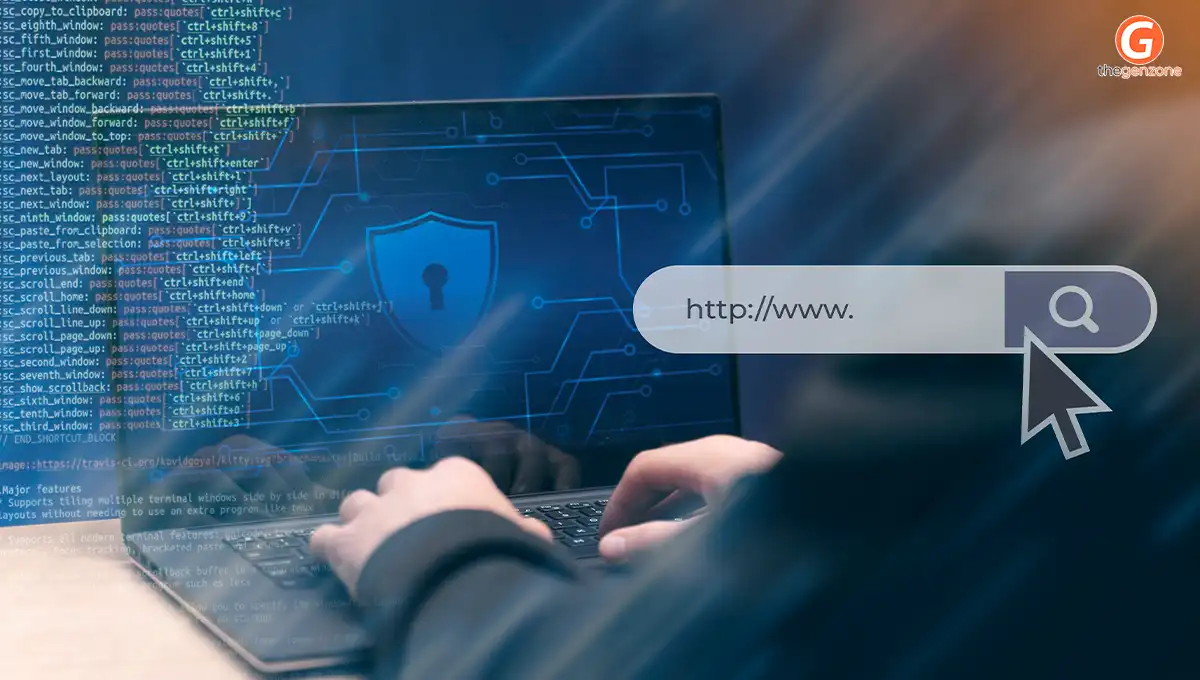
Secure Your Online World with a Reliable Virtual Private Network
In a hyper-connected world where digital footprints are constantly expanding, guarding particular and business data has become pivotal. Cyber threats are evolving fleetly, and securing information requires smart, visionary measures. As a trusted internet security service, it ensures users enjoy a flawless and secure browsing experience. Leveraging robust encryption and privacy tools, ExpressVPN helps you stay safe across bias and networks.
This blog explores the stylish data security practices to strengthen your online protection, emphasizing how a virtual private network and other essential measures can help you stay one step ahead of cybercriminals.
Use a Virtual Private Network for Secure Browsing
A virtual private network is one of the most effective tools for online security. It encrypts your data, hides your IP address, and ensures your online conditioning remain private indeed on public Wi- Fi networks. By masking your position, a VPN prevents hackers and data snoopers from tracking your browsing patterns.
Services take this protection to another position by offering advanced encryption norms, no-logs programs, and optimized waiters for speed and trustability. For anyone serious about digital safety, using a VPN isn’t voluntary it’s essential.
How Do VPNs Work?
Numerous users frequently wonder, how do VPNs work? The conception is simple yet important. When you connect to a VPN, your internet business passes through an translated lair between your device and a secure remote server. This process hides your real IP address, replacing it with one from the VPN provider’s network.
This layer of anonymity makes it nearly impossible for hackers, advertisers, or indeed ISPs to trace your online exertion. Users get access to top-league encryption, DNS leak protection, and advanced kill switch features, ensuring complete online safety at all times.
Strengthen Your Network Security
Robust data network security is the backbone of digital safety. It includes everything from firewalls and intrusion discovery systems to encryption and malware protection. Regular system checkups, software updates, and secure watchwords are also critical factors.
ExpressVPN enhances network-level protection by creating a private channel for all your data exchanges, making it harder for cybercriminals to block sensitive information. Whether you’re penetrating business documents or streaming content, a well-secured network backed by VPN encryption keeps your data confidential and defended.
Manage User Access and Authentication
Proper user access management is crucial to reducing unauthorized data exposure. Limit data access to essential users and apply strong authentication protocols, including multi-factor authentication.
By ensuring that only authorized users can pierce specific data or systems, you minimize insider threats and accidental data leaks. It complements these efforts by offering secure sign-ins, encrypted connections, and identity masking ensuring that indeed if credentials are compromised, sensitive information remains out of reach.
Avoid Networks High in threat Exposure
Unsecured or public Wi- Fi networks are hotspots for cybercrime. Avoid using them for sensitive conditioning like banking or train sharing. However, always connect through a virtual private network explained setup for complete security, if necessary.
A VPN encrypts the data passing through these networks, rendering it useless to hackers. For instance, instantly detects untrusted networks and connects you to a secure server automatically, protecting your online sessions from implicit intrusions.
Enhance Security with Smart Online Habits
Your habits can make or break your online safety. Create strong passwords, enable MFA, and steer clear of suspicious links or emails. Regularly streamlining your devices and using trusted network security system tools can drastically reduce risks.
Combining these practices offers complete protection for browsing, streaming, and working ever. A VPN ensures your identity and data remain secure indeed if other safeguards falter building an extra layer of defense in your digital ecosystem.
The Role of Internet Security Services
Choosing the right internet security service goes beyond installing antivirus software. It means adopting a multi-layered protection plan that covers all digital touchpoints, networks, bias, and data. VPNs, firewalls, and intrusion discovery systems work hand-in-hand to form a cohesive security shield.
ExpressVPN, a leading provider in this space, exemplifies this holistic approach. It combines fast global waiters, AES-256 encryption, and user-friendly interfaces offering both security and speed without concession.
Protect Your Health Data and Financial Details
Online attackers frequently target personal, health, or financial data. With the rise in digital transactions and telehealth services, guarding this information has become vital. A VPN and secure data network security tools ensure your sensitive data travels safely through encrypted channels, away from prying eyes.
It give peace of mind by keeping data secure and undetectable, precluding identity theft and fraud.
Protect Your Data with Confidence!
Data security isn’t just a technology concern, it’s a digital life demand. From protecting your browsing sessions to securing sensitive lines, every step contributes to build a safer virtual private network. With ExpressVPN, you get comprehensive protection that blends speed, simplicity, and superior encryption to keep you in control of your privacy.
Whether you’re working remotely, shopping online, or connecting through public Wi-Fi, following these stylish practices ensures long-term safety and peace of mind. Stay safe, stay private, and make smart choices for your digital life.
FAQs
1. What's a VPN and why is it important?
A VPN encrypts your online data, hides your IP address, and ensures private, secure browsing essential for protecting your information from hackers and third parties.
2. Can VPNs improve online speed?
While some VPNs may slightly reduce speed due to encryption, premium providers optimize their servers to ensure fast and stable connections.
3. Is using a VPN legal?
Yes, VPN use is legal in most countries. It’s extensively recommended for online privacy, security, and access to confined content.
4. How can I improve overall online security?
Use strong passwords, enable MFA, update software, avoid suspicious links, and connect through a VPN for maximum data protection.


.jpg)





